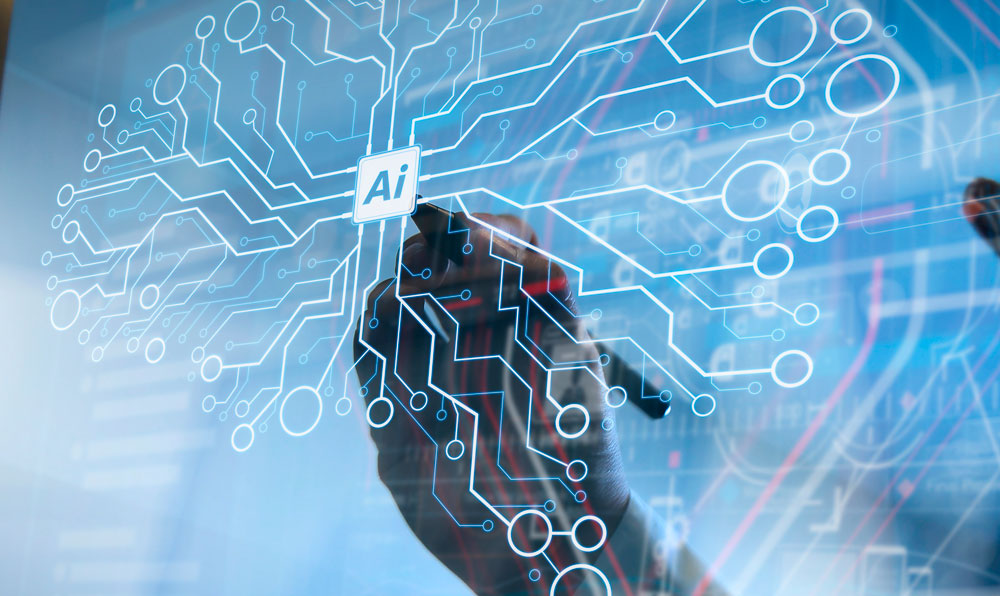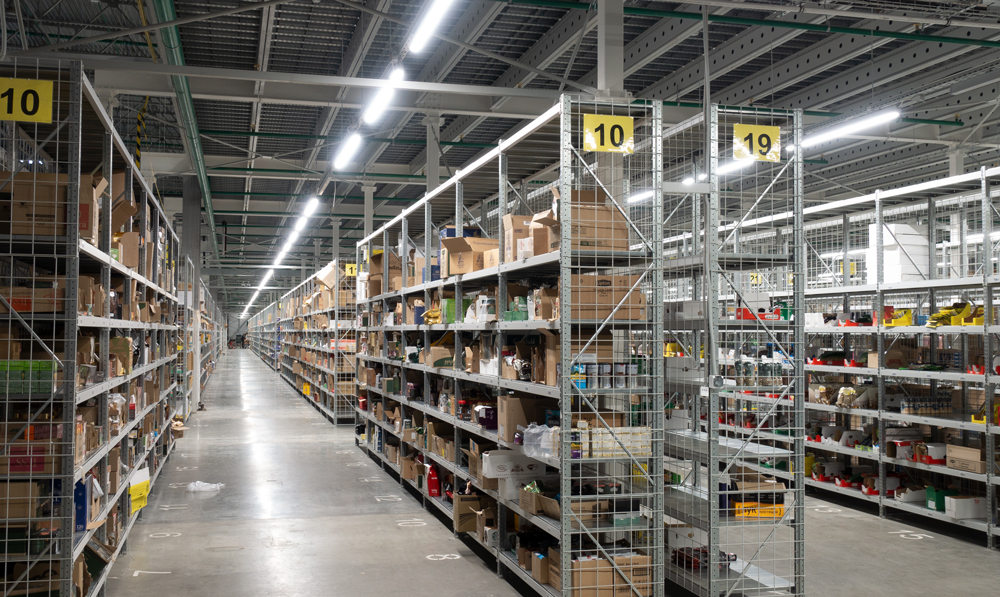In-store shopping experience
Original source: www.interempresas.net
Artificial intelligence (AI) in the retail sector is becoming increasingly widespread, bringing different advantages for brands and stores that want to offer increasingly digital and autonomous experiences to their consumers.
Consumers are becoming increasingly digital and now expect to find the same advantages they find in online shopping at the store; in this sense, AI can be of great help to physical retail. According to ShopFully, owned by Tiendeo, the physical store accounts for 80% of sales in the retail sector, although 75% of purchase decisions are made online. This pushes physical stores to transform, something that can be achieved through artificial intelligence, whose adoption in the retail sector worldwide will increase from 40% to 80% in the next three years, according to a study by IMB Corporation. In this context, ShopFully analyzes the impact of AI on the 4 P’s of the marketing mix, as well as the opportunities it offers to retail.
Product
Artificial intelligence makes it possible to analyze large amounts of data on customers, their preferences, and the evolution of sales of different products. This enables retailers and brands to identify trends and predict changes in consumer demand with high reliability. AI also offers the ability to manage the supply chain intelligently, controlling product availability and optimizing product placement. Thanks to artificial intelligence, retailers can, for example, check in real-time whether products are available and well labeled, whether they are placed in the right place, or whether fruit and vegetables are damaged, thus minimizing the costs associated with overbuying or out-of-stock.
Price
Moreover, AI can help companies set more accurate and dynamic prices, which change according to demand data, competition, and market trends. In addition, with smart shelves, any pricing errors in a product can be identified so that store staff can modify it.
Place
Artificial intelligence is transforming the way consumers buy products in-store, removing the barriers between the physical and digital channels. In recent years we have seen, for example, the birth of cashier-less stores thanks to intelligent product recognition and automated checkout. Voice recognition technology, chatbots, and interactive displays are other examples of how AI is trying to replicate the strengths of the online experience consumers are used to, enhancing the customer experience at the store.
Promotion
Promotions are also an area where AI greatly benefits retailers, allowing them to personalize the content shown to the customer and optimize their marketing campaigns. For example, programmatic advertising uses AI to analyze purchase history, customer behavior, and preferences based on all available data and then suggest a specific item or offer at the most appropriate time and in the store closest to the customer. This makes advertising expenses more effective and increases customer loyalty.




